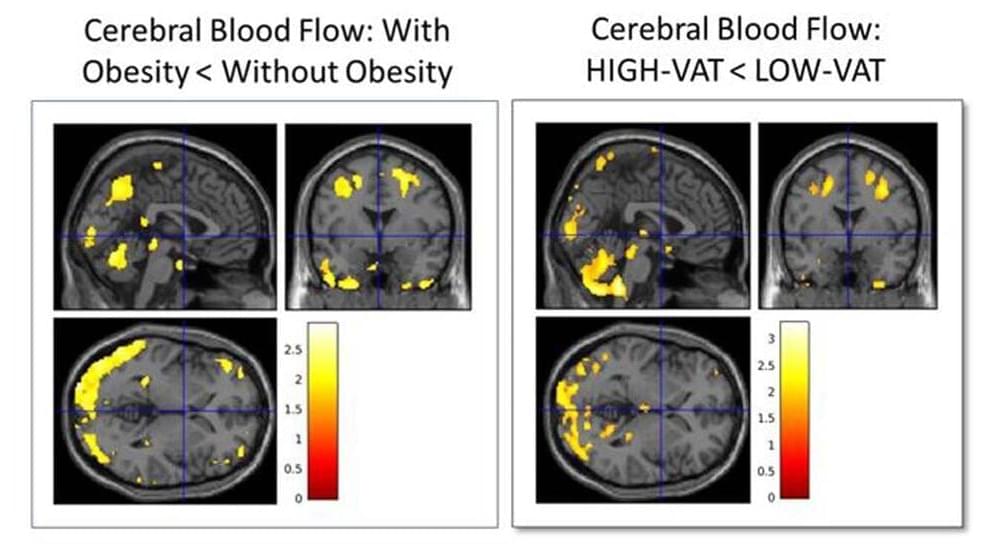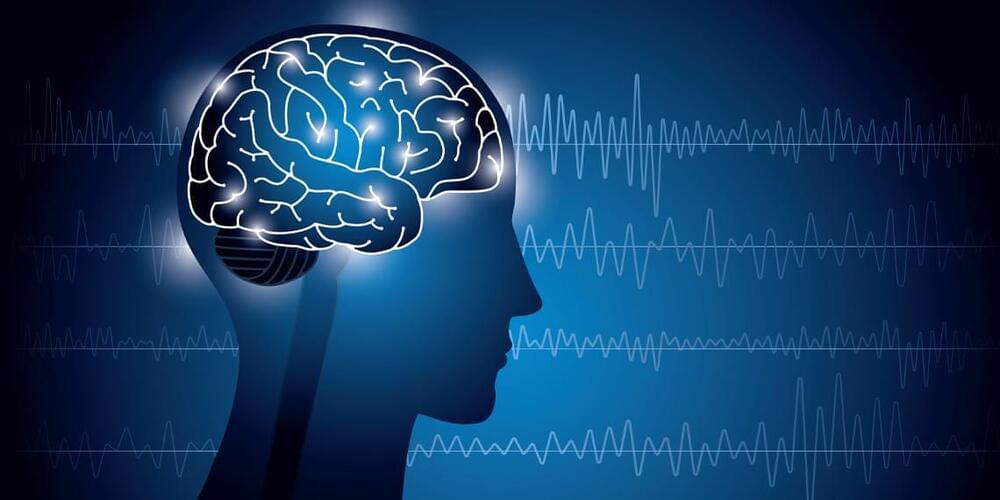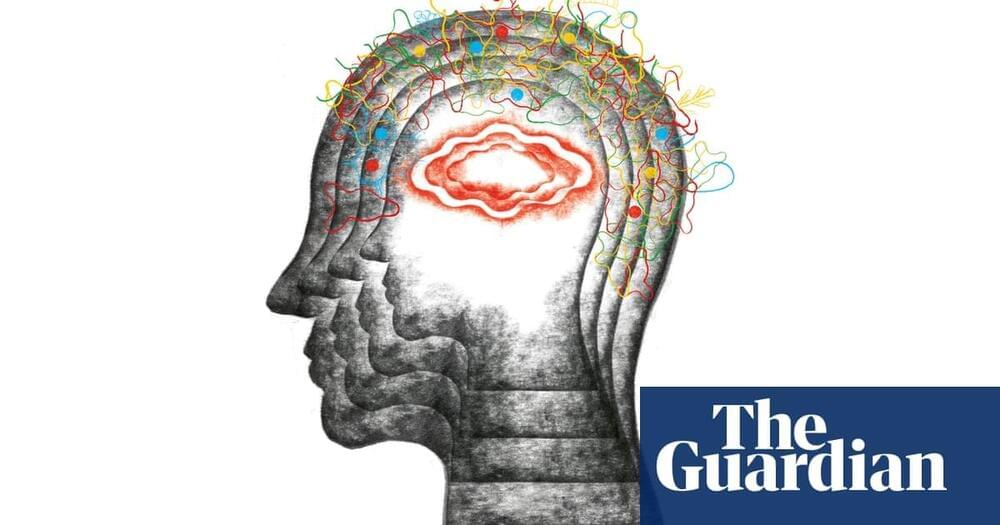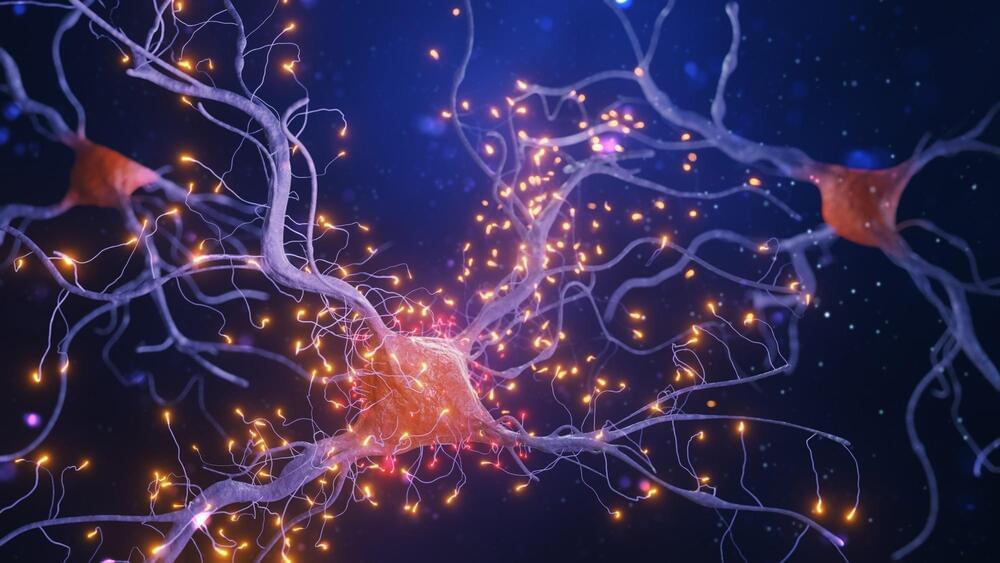Dec 2, 2024
‘Electronic’ scalp tattoos could be next big thing in brain monitoring
Posted by Shubham Ghosh Roy in category: neuroscience
During an EEG test, technicians normally use rulers and pencils to mark up a person’s head before gluing electrodes across the scalp. These electrodes are then connected via long wires to a machine that records brain activity. Alternatively, a cap with electrodes can be directly placed on the head.
However, this whole process is time-consuming and inconvenient, say the developers of the new technology. It generally takes around one to two hours to set up an EEG test, said co-developer Nanshu Lu, a professor of engineering at the University of Texas at Austin. The electrodes then need to be monitored about every two hours because the glue that attaches them to the scalp dries up, she told Live Science in an email.
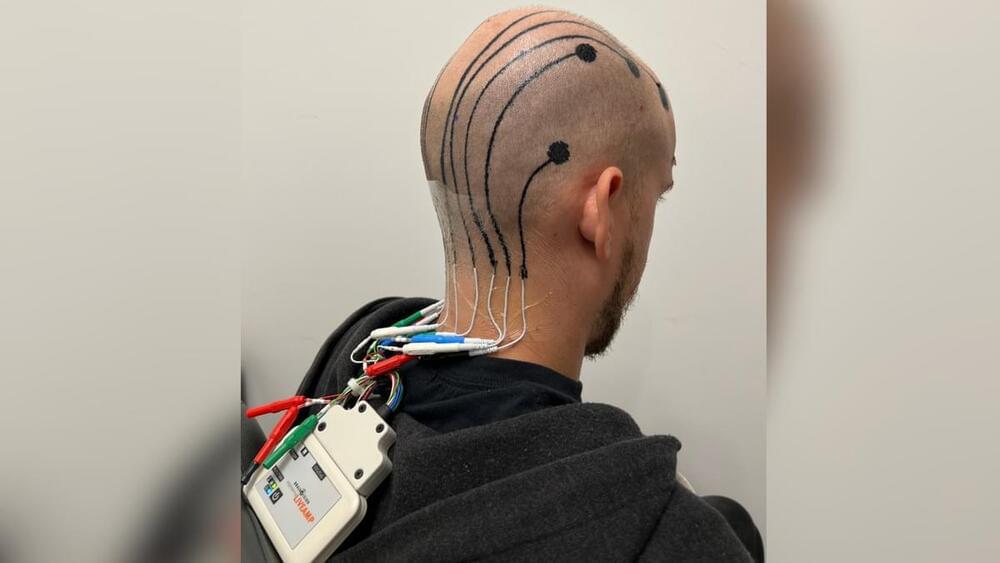
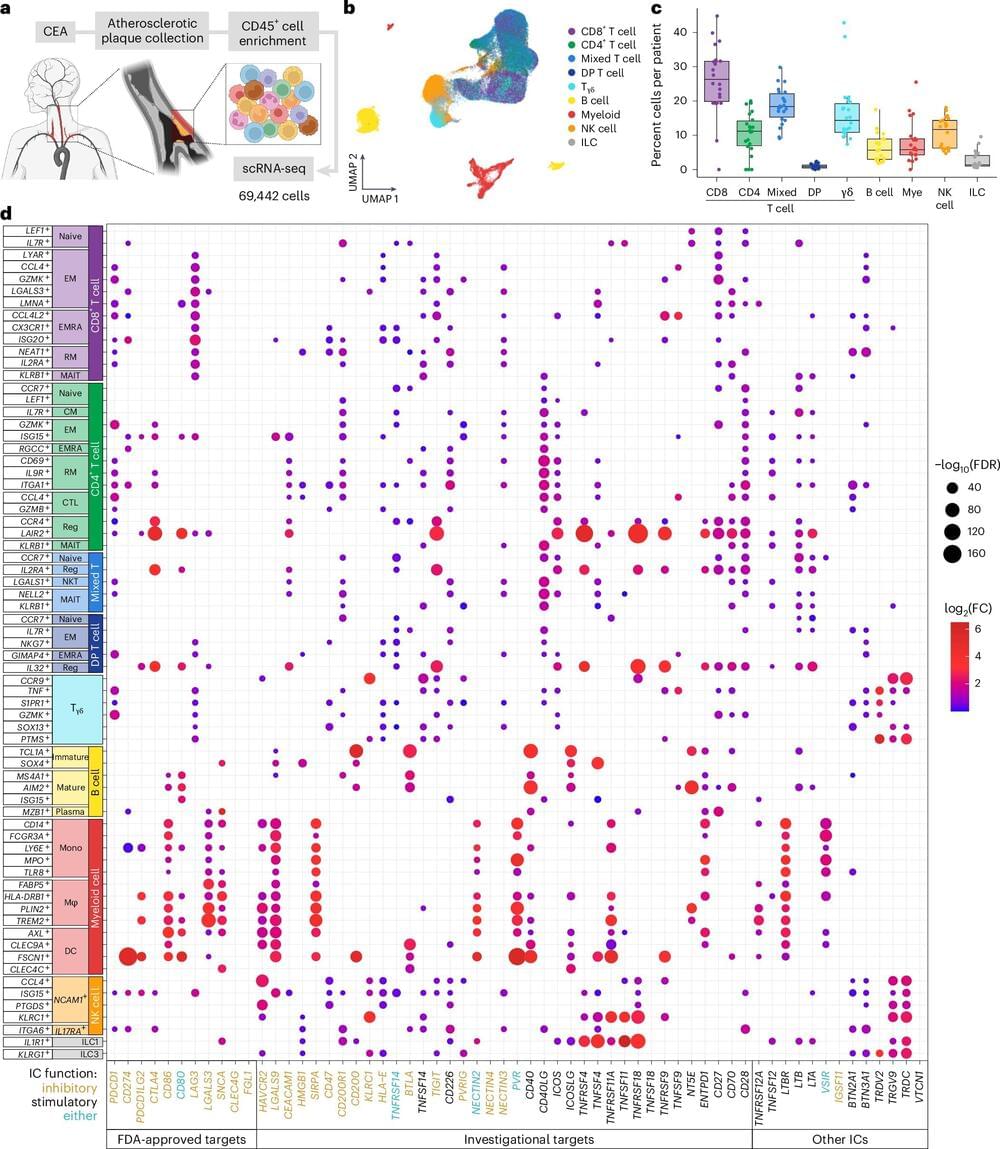

 Read more in the comments and submit 📧at the link⬇️
Read more in the comments and submit 📧at the link⬇️

